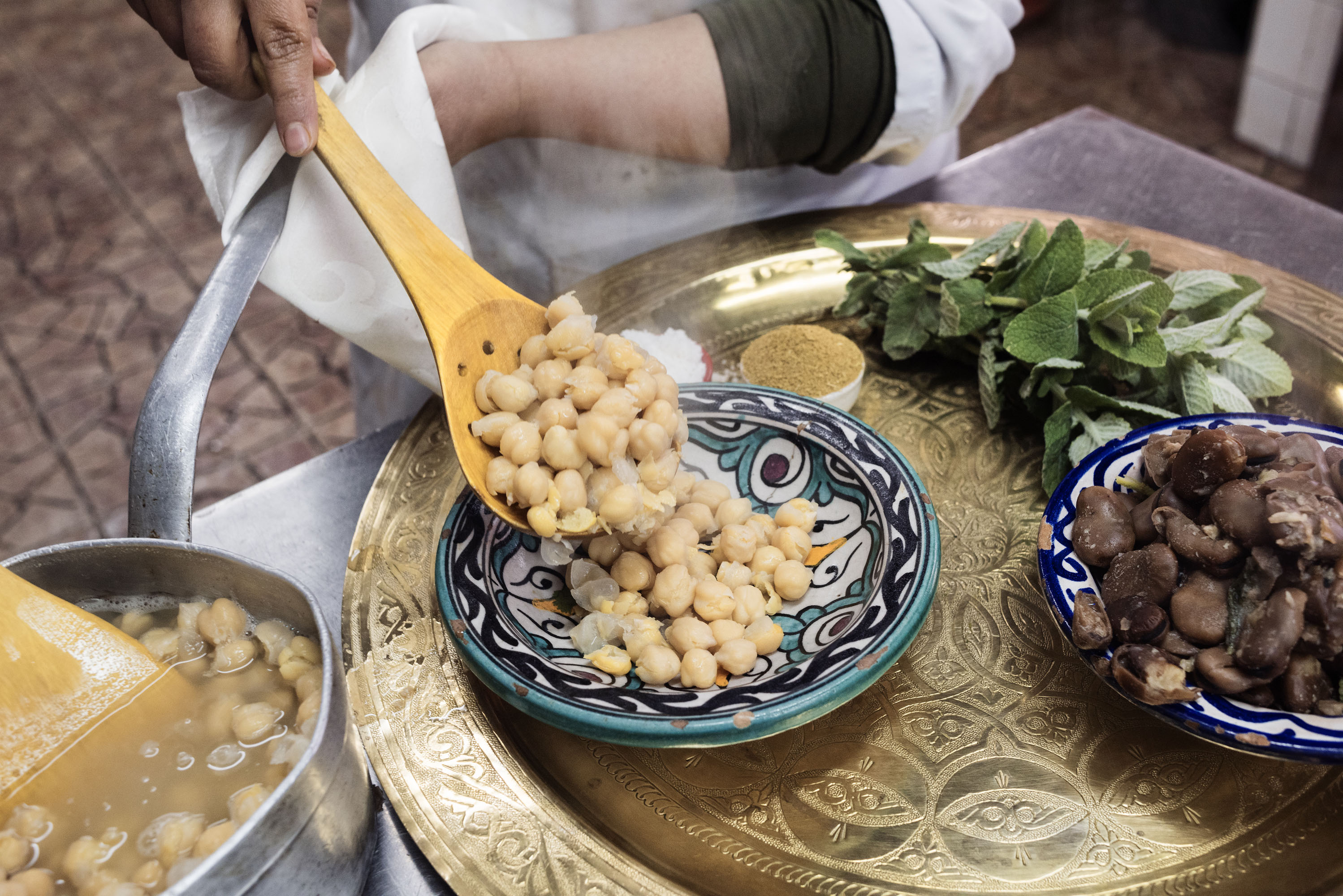Professor Kadambot Siddique named Ambassador for International Year of Pulses

18 April 2016, Marrakesh -- Indian researcher and professor Kadambot Siddique has been named Ambassador for the International Year of Pulses in the Asia-Pacific region at a ceremony held in Marrakesh today.
Siddique, who currently serves as professor of agriculture and chair and director of the Institute of Agriculture at the University of Western Australia -- is a leading scientist in the field of legumes. His research includes papers on the adaptation of crops to dryland environments and the traits the allow crops to cope with various stresses. His work is credited with contributing to Australia’s ascent to become one the world’s leading pulse exporters and for strengthening the country’s chickpea industry, in particular.
Among his many academic appointments, Siddique is an International Fellow of the Indian Society of Plant Physiology, a Foreign Fellow of the Indian National Academy of Agricultural Sciences and a fellow of the Australian Agricultural Institute. His international contribution to agricultural science and education also earned him a gold medal and citation awarded by former President of India Abdul Kalam.
As Ambassador for the International Year, Siddique will work to raise awareness on the important contributions of pulses to food security and their positive impact on health and the environment.
He will encourage new connections throughout the food chain to better use pulse-based proteins in our food and address trade challenges.
He is also tasked with seeking out opportunities for dialogue on these nutritious legumes and efforts to ensure more people have access to information on pulses.
Benefits of pulses
 Pulses – edible seeds like chickpeas and lentils -- are an important part of food culture and diets across Asia. They offer an affordable alternative to more expensive animal-based protein, which makes them ideal for improving diets in poorer parts of the world.
Pulses – edible seeds like chickpeas and lentils -- are an important part of food culture and diets across Asia. They offer an affordable alternative to more expensive animal-based protein, which makes them ideal for improving diets in poorer parts of the world.
Because pulses yield two to three times higher prices than cereals, they also offer great potential to lift farmers out of rural poverty.
And pulses pack a protein-punch, contain double the protein found in wheat and three times that of rice. They are also rich in minerals, micronutrients, amino acids and b-vitamins vital parts of a healthy diet.
International Conference on Pulses
The designation ceremony took place during the opening of the 2016 International Conference on Pulses for Health, Nutrition and Sustainable Agriculture in Drylands,which will run until April 20.
About 300 leading agricultural scientists, policy-makers, donors and representatives of private sector organizations have come together at the Marrakesh conference to deliberate and address the challenges facing developing countries in the production of pulses and the widening gap between supply and demand.

